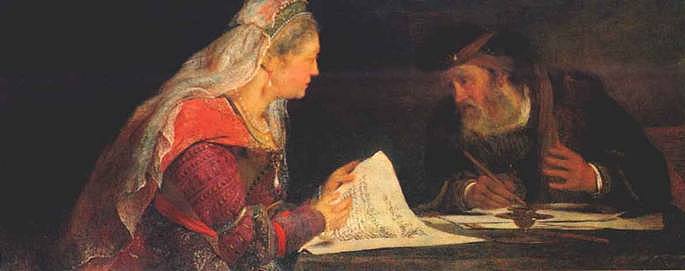Gender Frustrations
I have taken a week to think about how to blog about a session that I saw last weekend at the ABA Conference. The session was about using movies to demonstrate gender differences in negotiation, and I went to see what teaching tools might be provided. I was on the negotiation program track for the ABA, and had helped select this session for presentation at the conference, so I was really looking forward to it. Instead, the session became a very good example of the challenges in teaching about gender differences in negotiation.
The session started out with slides that listed how women communicate or how women negotiate. I think, in retrospect, that the speakers may have been trying to highlight some of the stereotypes about women from the 1970’s and ask whether these were still relevant but — without any introduction to what they planned to do, cites to the outdated research, or other signposting — it appeared that the speakers were presenting these comments as current and true (even if that was not their intention). When asked what research this was based on, the speakers stated that “this is what the research shows. ” As some in the audience continued to challenge further assertions about the research, the tone went downhill and unfortunately, rather than becoming a learning experience, became more of an argument, which continued even after the session. All this, of course, at a dispute resolution conference.
I wanted to unpack a few key things from this session.


